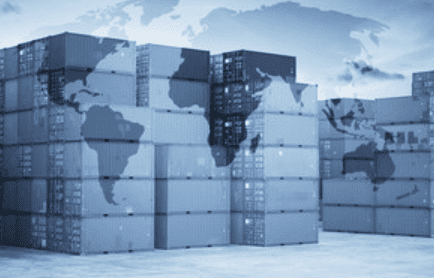Your Ultimate Guide to the Freight Forwarding Process

The freight forwarding process might seem like a complex topic at first since there are many steps involved and stakeholders to answer to. But with the right expertise and logistics on your side along with stellar supply chain management, this process can become an easy streamlined asset to your systems. Keep reading to learn more.
What Is Freight Forwarding?
This process involves the arrangement and transportation of goods from one location to another. This can include the pickup, transport, and delivery as well as all of the necessary paperwork that is often involved with such an endeavor. For some industries freight forwarding also includes the processing of customs clearances as well. There are a lot of legalities that come along with moving freight to different locations. This is why many businesses opt to use a freight agent to manage all of these intricate details.
What Is A Freight Agent?
A freight agent is a highly skilled professional who has expertise in the logistics and supply chain management needed for the transport of goods and freight. They can help you move your freight quickly, effectively, and legally. Staying within state and federal compliance is a big part of freight forwarding. A freight agent might also provide additional services such as warehouse tracking and overseeing insurance issues.
What Steps Are Involved?
Freight forwarding often starts with the initializing of a contract. This contract will be between the freight forwarder and the customer. This contract will effectively define the scope of services that will be provided and the expectations the customer has. Following this, it is necessary that all documents regarding the freight are properly drawn up. Paperwork is an important part of this process as it is the main way the customer and the freight forwarder can protect themselves if there is a problem or goods go missing or get damaged.
The next step in the freight forwarding process will be the picking up of the goods. The goods are often picked up by a third-party carrier. It’s often a trucking company. They will be responsible to transport the goods to the freight forwarder. It is the job of the freight forwarder to ensure that the shipment is picked up and delivered according to the timeline set forth in the contract. Finally, the freight will be delivered. At this point there will also be an inspection, to ensure that all of the freight is accounted for and in good shape.
If you are looking for freight forwarding services, please contact us at JML Corporation today. We look forward to helping you run your shipping smoothly.
